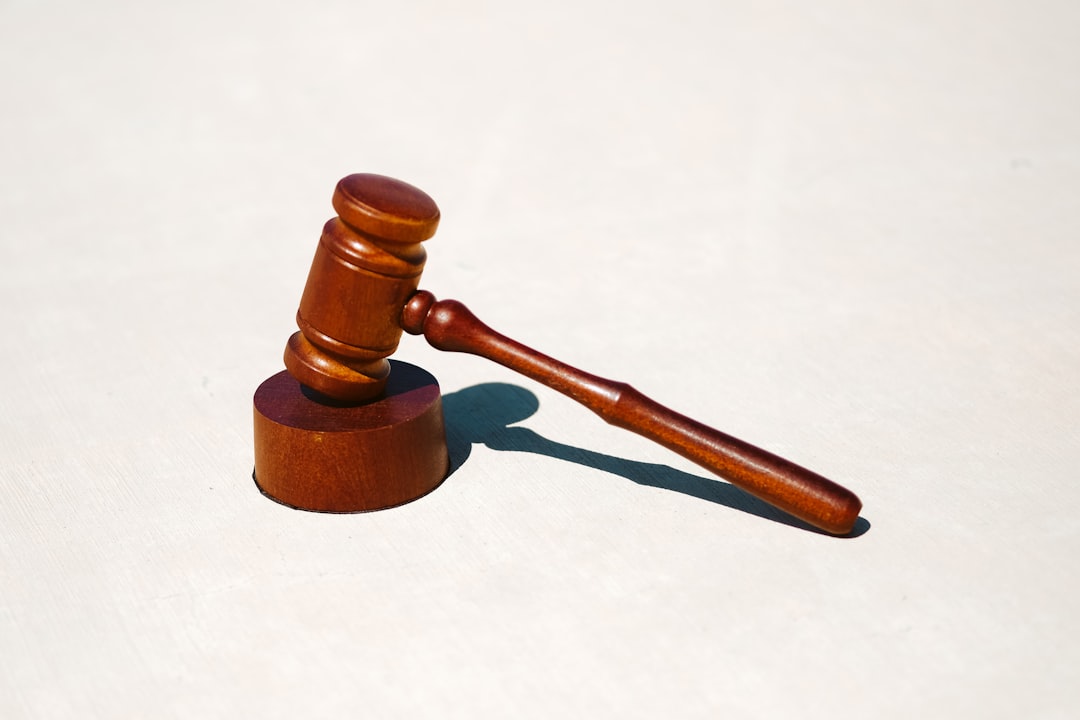In Florida, sexual assault is broadly defined as unwanted sexual penetration without consent, including coercion or force. Tampa, FL, rape attorneys clarify that these laws protect against non-consensual acts, with severe penalties for guilty parties. Reporting requirements are vital for victims—while Florida has no mandatory reporting law, notifying law enforcement within 72 hours preserves evidence and initiates legal processes. Local law enforcement swiftly handles cases, gathering evidence and interviewing witnesses; a rape attorney may be involved to protect the suspect's rights. The process begins with an arrest, bail hearing, and charges filed; defense strategies include challenging evidence, witness credibility, expert testimony, DNA analysis, alibi evidence, and ensuring fair trial rights for the accused.
Navigating the legal process after a sexual assault in Tampa, FL, can be overwhelming. Understanding the steps involved is crucial for survivors seeking justice. This guide breaks down the legal aspects of sexual assault cases in Florida, from the legal definition to defense strategies. If you’ve been affected, know that there are dedicated rape attorneys in Tampa FL who can assist and advocate for your rights throughout the criminal trial process. Remember, reporting requirements and evidence collection are key, making prompt action essential.
Legal Definition of Sexual Assault in Florida

In Florida, sexual assault is defined as any unwanted sexual penetration or sexual act committed against a person’s will or where consent is obtained through coercion, force, or fear. This broad definition encompasses various forms of sexual misconduct, including rape, sexual battery, and lewd or lascivious acts. A rape attorney in Tampa, FL, can explain that these laws aim to protect individuals from non-consensual sexual interactions, which are considered severe crimes. The state’s legal system takes such cases seriously, with strict penalties for those found guilty, reflecting the gravity of the offense and its impact on survivors.
Reporting Requirements and Timeframes

In the event of sexual assault, it’s crucial to understand the reporting requirements and timeframes in Tampa, FL. If you or someone you know has experienced rape or sexual violence, it is essential to notify law enforcement immediately. In Florida, there is no mandatory reporting law for sexual assault victims, meaning they are not required to report the incident to authorities. However, doing so can be beneficial as it initiates the legal process and provides evidence that could aid a potential case.
The timeframe for reporting varies, but it’s generally advisable to do so within 72 hours. This is because physical evidence may start to deteriorate after this period, impacting the strength of the case. A rape attorney in Tampa, FL, can guide victims through this process, ensuring their rights are protected and that they receive the support they need during what can be a traumatic time.
Law Enforcement Investigation and Arrest

In the event of a sexual assault, one of the first steps in the legal process is a thorough investigation by law enforcement. In Tampa, FL, victims can expect swift action as local police departments take such allegations seriously. The investigation involves gathering evidence, interviewing witnesses, and questioning the accused. If sufficient evidence is found to support the charge, a rape attorney in Tampa FL may be involved at this stage to ensure the rights of the suspect are protected.
The process often culminates in an arrest, which can occur immediately or after further probe. Once arrested, the accused will face formal charges and be brought before a judge who will set bail, ensuring they appear for future legal proceedings. This phase is critical as it determines the trajectory of the case and the potential consequences for both parties involved.
The Criminal Trial Process and Defense Strategies

In a sexual assault case, the criminal trial process begins with an arrest and charges filed by the Tampa, FL, prosecutor’s office. The defendant is then brought before a judge for an initial hearing to inform them of the charges and set bail. If convicted, both the state and the accused have the right to appeal, ensuring a thorough legal process.
Defense strategies in rape cases often focus on challenging the evidence and credibility of witnesses. A skilled rape attorney in Tampa, FL, may use expert testimony, DNA analysis, and alibi evidence to discredit the prosecution’s case. They also aim to protect the rights of the accused, ensuring a fair trial and potentially securing an acquittal or reduced sentence.






